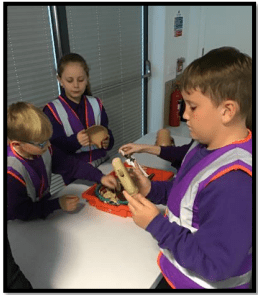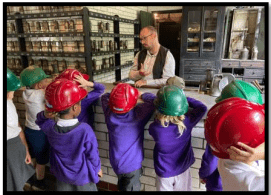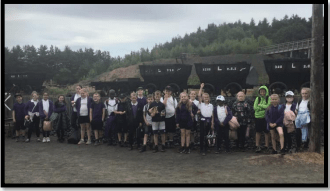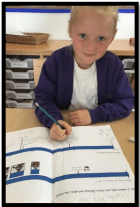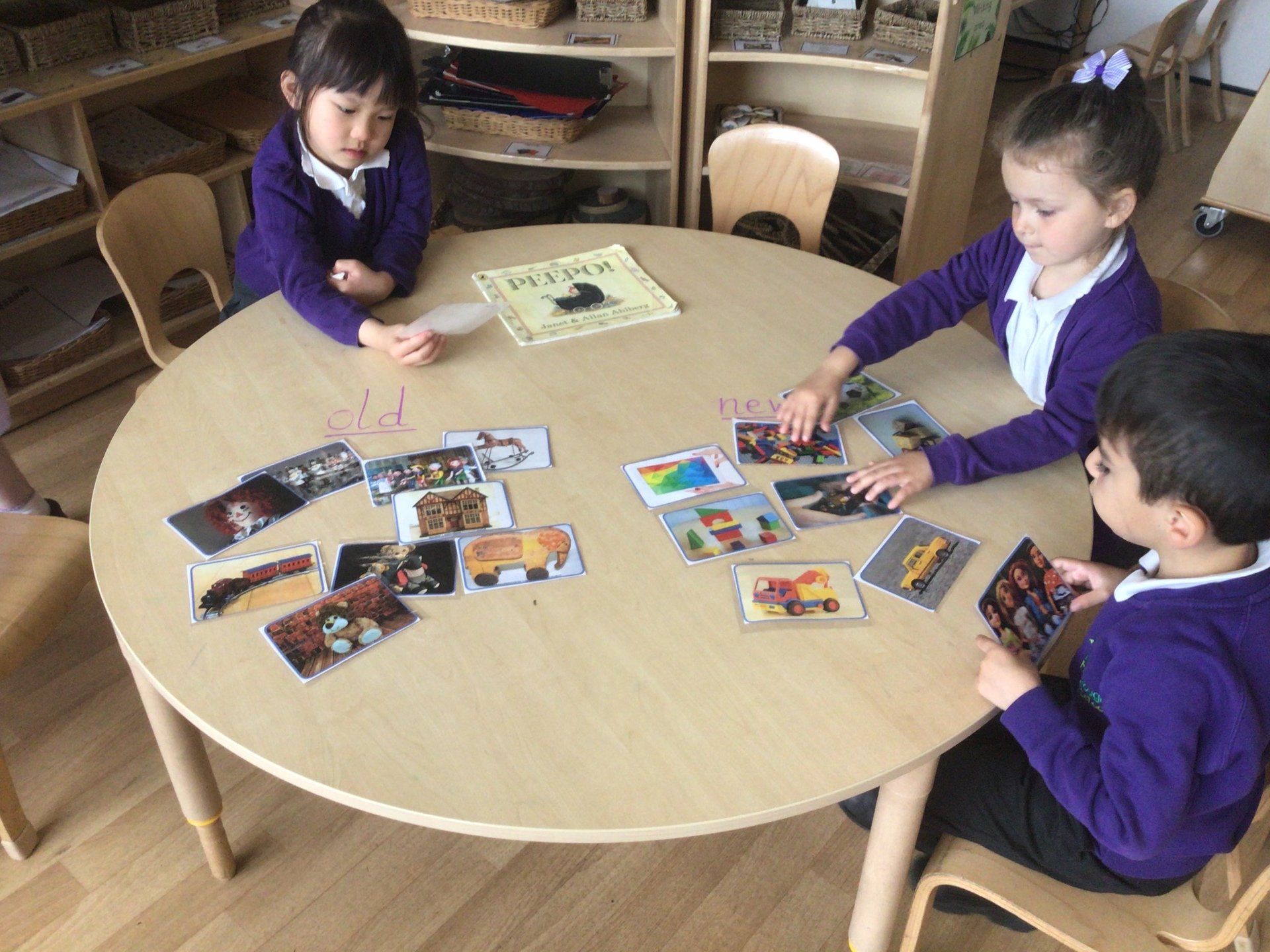History
At Marlborough Primary School, it is our aim that pupils receive a high-quality history education to gain knowledge and understanding of Britain’s past and that of the wider world. We aim to inspire pupils’ curiosity about the past, think critically, weigh evidence, sift arguments, and develop perspective and judgement of significant historical themes. Through the history curriculum at Marlborough Primary School, we view history as a way for children to become Historians and explore the past with creative opportunities to do so.
Investigate and interpret the past
It is very important that the pupils are given as many real life experiences as possible. This can be either through educational visits or by workshops in school.
By the end of KS1 pupils should be able to :
•Observe or handle evidence to ask questions and find answers to questions about the past.
•Ask questions such as: What was it like for people? What happened? How long ago?
•Use artefacts, pictures, stories, online sources and databases to find out about the past.
•Identify some of the different ways the past has been represented.
By the end of KS2 pupils should be able to :
•Use sources of evidence to deduce information about the past.
•Select suitable sources of evidence, giving reasons for choices.
•Use sources of information to form testable hypotheses about the past.
•Seek out and analyse a wide range of evidence in order to justify claims about the past.
•Show an awareness of the concept of propaganda and how historians must understand the social context of evidence studied.
•Understand that no single source of evidence gives the full answer to questions about the past.
•Refine lines of enquiry as appropriate
Build an overview of world history
History is taught mainly through a topic based approach and gives pupils a chance to explore a wide
range of sources from which the past may come alive.
By the end of KS1 pupils should be able to :
•Describe historical events.
•Describe significant people from the past.
•Recognise that there are reasons why people in the past acted as they did.
By the end of KS2 pupils should be able to :
•Identify continuity and change in the history of the locality of the school.
•Give a broad overview of life in Britain from the Stone age until present day.
•Compare some of the times studied with those of the other areas of interest around the world.
•Describe the social, ethnic, cultural or religious diversity of past society.
•Describe the characteristic features of the past, including ideas, beliefs, attitudes and experiences of men, women and children.
Understand chronology
We use the children’s own lives and environment to make them aware of the passage of time and to develop an understanding of the relationship between past and present.
By the end of KS1 pupils should be able to :
•Place events and artefacts in order on a time line.
•Label time lines with words or phrases such as: past, present, older and newer.
•Recount changes that have occurred in their own lives.
•Use dates where appropriate.
By the end of KS2 pupils should be able to :
• Describe the main changes in a period of history (using terms such as: social, religious, political, technological and cultural).
• Identify periods of rapid change in history and contrast them with times of relatively little change.
• Understand the concepts of continuity and change over time, representing them, along with evidence, on a time line.
• Use dates and terms accurately in describing events
Communicate historically
The history curriculum equips children with the skills which will enable them to understand the world they inhabit
By the end of KS1 pupils should be able to :
•Use words and phrases such as: a long time ago, recently, when my parents/carers were children, years, decades and centuries to describe the passing of time.
• Show an understanding of the concept of nation and a nation’s history.
• Show an understanding of concepts such as civilisation, monarchy, parliament, democracy, and war and peace.
By the end of KS2 pupils should be able to :
• Use appropriate historical vocabulary to communicate, including: dates, time period, era, chronology, continuity, change, century, decade and legacy.
• Use literacy, numeracy and computing skills to an exceptional standard in order to communicate information about the past.
• Use original ways to present information and ideas.
Key Documents
History-Intent-Implementation-and-Impact-Statement
'I enjoy seeing what it used to be like. I like everything about History.' Ryan, Year 5.
'History is really fun!' Eduard, Year 3.
'History catches my eye.' Alfie, Year 6.
'I like to learn new facts about the past.' Ruby-Jo, Year 4.











